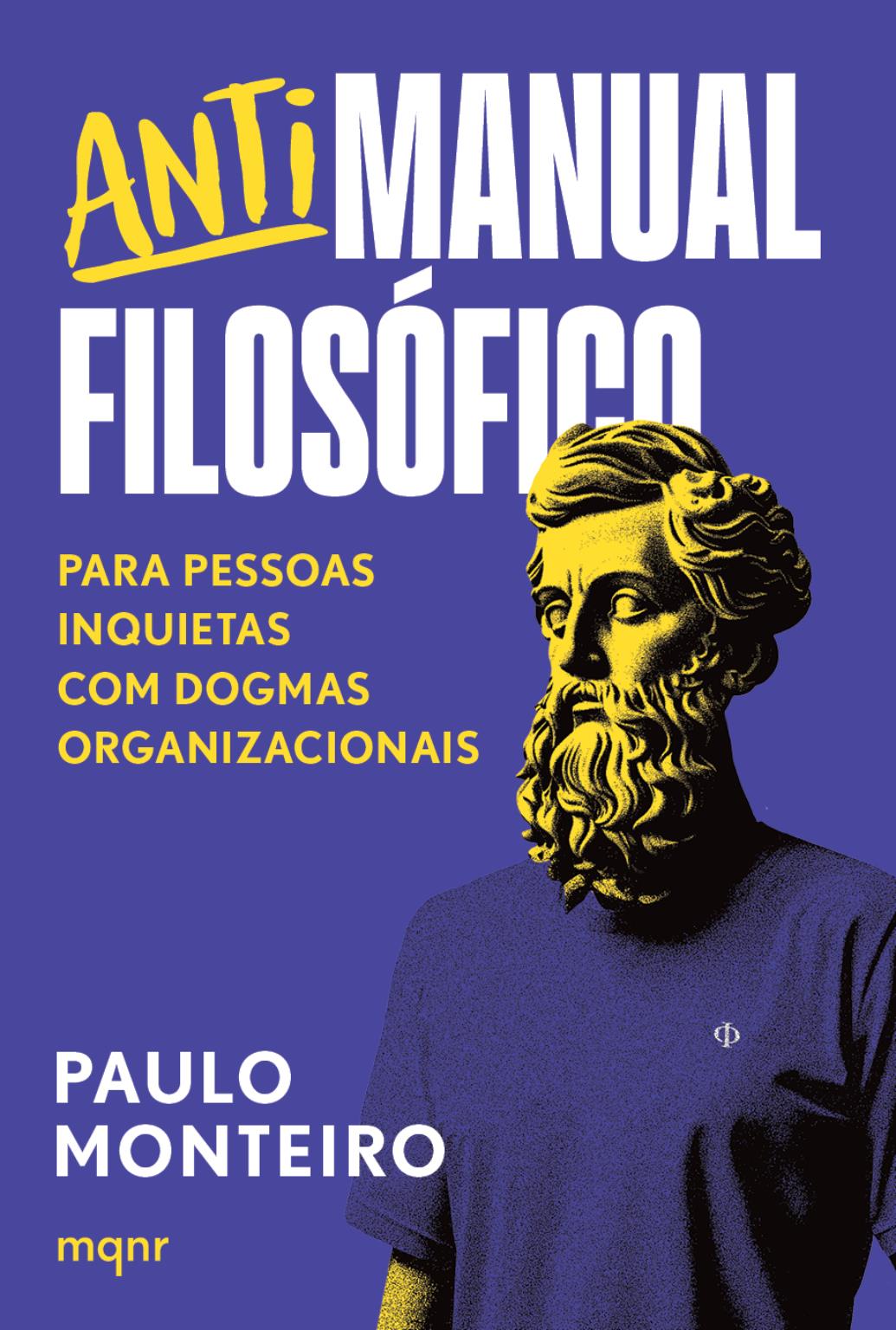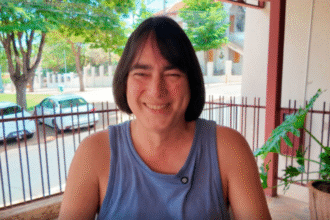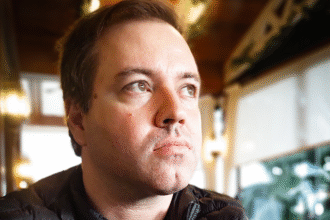Amidst the prevailing rationality in the corporate world, Paulo Monteiro proposes an innovative approach in his new book, Antimanual Filosófico: para pessoas inquietas com dogmas Organizaçãos (Philosophical Anti-Manual: for people restless with organizational dogmas). With a vision inspired by Aristotle, Socrates, Nietzsche and Kant, Monteiro, a consultant and professor in human and organizational development, offers a critical reflection on hierarchies, obsession with results and individualism in organizations. The book, which combines philosophical theory with practical language, aims to provoke a reassessment of work paradigms and promote a more humanistic and ethical approach in the business environment. By questioning established norms and emphasizing the importance of purpose and communication, Monteiro proposes a journey towards a more conscious life and more humane organizations.
How do you see the impact of “excessive rationality” on organizations and how does the ” Philosophical Anti-Manual ” propose a change in this scenario?
The scientific revolution of the 16th century, with René Descartes, Francis Bacon and other thinkers, placed reason and concrete measurement above all aspects of our existence. Organizations were structured based on the Cartesian approach, that is, hierarchical, hyper-specialized, divided into isolated and extremely technical parts . The entire dimension of creativity, intuition and adaptive capacity, which is part of human and collective nature, was atrophied and as a result we have bureaucratic and stagnant organizations. In the book, I propose new paradigms and modus operandi. For example, living in the present with all the richness of what is manifested in the moment and, based on this experience, creating futures, instead of being stuck in rigid plans that become obsolete very quickly. Another point I bring up is what I call playful intelligence, the ability to integrate the right hemisphere of the brain, responsible for more creative and intuitive actions. Playfulness can and should be at the heart of organizational activities and decisions, as it opens up new possibilities. It is urgent to transcend the pure reason that has taken over organizations for centuries.
You use the theories of philosophers such as Aristotle, Socrates, Nietzsche and Kant to deconstruct organizational dogmas. Which of these thinkers do you believe most challenges the traditional structure of companies, and why?
Everyone challenges organizations. But perhaps the most assertive and provocative is Nietzsche, since one of his main ideas was to break the structures in force in the main institutions that dominated the world of his time. He said that he came to bring the hammer to destroy norms and dogmas. This philosopher would encourage today’s organizations to be more Dionysian, that is, more fluid, organic, and changing, and less Apollonian, whose main characteristic is the rigidity of fixed and symmetrical structures. He would invite contemporary professionals to feel more, to dance, to be artists of their professions.
In the book, you mention that the constant search for security can be harmful. How does this vision apply to the corporate world and to companies’ strategic decisions?
Everything that exists happens in a flow of imbalance followed by new balances. Pretending that life is predictable and static is a delusion of the sapiens who want to control and predict everything that happens around them. This pretension nullifies the capacity for adaptation and evolution that human beings should increasingly develop, as beings inserted in a changing environment. Companies and professionals must learn to flow with change, design minimal plans, with some strategic milestones, and plenty of room for experimentation, learning and innovation. This is a wiser way to navigate a world that requires change.
The book explores issues such as purpose, ethics and dialogue in the workplace. What practical changes do you believe business leaders should adopt to integrate these concepts into their organizations?
The main point is to look at employees as human beings, not as resources. This is the only way for leaders to perceive the richness of the professionals they work with and, therefore, be able to extract the best from each one. To truly lead, it is necessary to know each professional in their specificity, with all their potential. This will mean opening windows in the agenda for qualitative conversations, learning to listen and bringing provocations to stimulate evolution.

How do you see the relationship between the “obsession with results” in companies and the loss of humanity that you mention in your work? What would be the first steps to balance this equation?
I see results as a natural consequence of work done to the fullest. But organizational logic inverts this order and places results above all else. This obsession causes pressure and fear in employees and creates nervous cultures, which end up causing exhaustion, including mental illness. The dynamics of current capitalism ignore the human factor of motivation and excellence, and only focuses on financial values. This approach is unsustainable and we are already seeing signs of this systemic pathology.
How can philosophy serve as an oasis for professionals seeking a more conscious and meaningful life, especially in such a fast-paced and goal-oriented environment?
Philosophy semantically means “love of wisdom.” It is a journey toward something that transcends us, toward great universal principles and values. The only way to follow this path is through contemplation of this broader universe, and to do so, we need to slow down, go beyond our daily and practical tasks, and live more comprehensive experiences. When we are able to access this more conscious existence, all our actions gain new meaning and quality. We do not need to travel to Greece to drink the elixir of philosophy. We can experience a more elevated life in our daily lives, from a broader, more human, sustainable, and ultimately wiser perspective.
How has your international experience in countries such as the USA, Mexico and Chile influenced your vision of human and organizational development?
The main aspect was the wealth of learning about different cultures and ways of life. This opened my mind and helped me understand diversity and how different points of view and habits can be valuable. Another issue was adaptability. In each country I had to change not only physically and locally, but also in my behaviors, environments, social norms, groups of friends, etc. These experiences were fundamental to my work, to bring all this wealth to companies and professionals.
Follow Paulo Monteiro on Instagram





